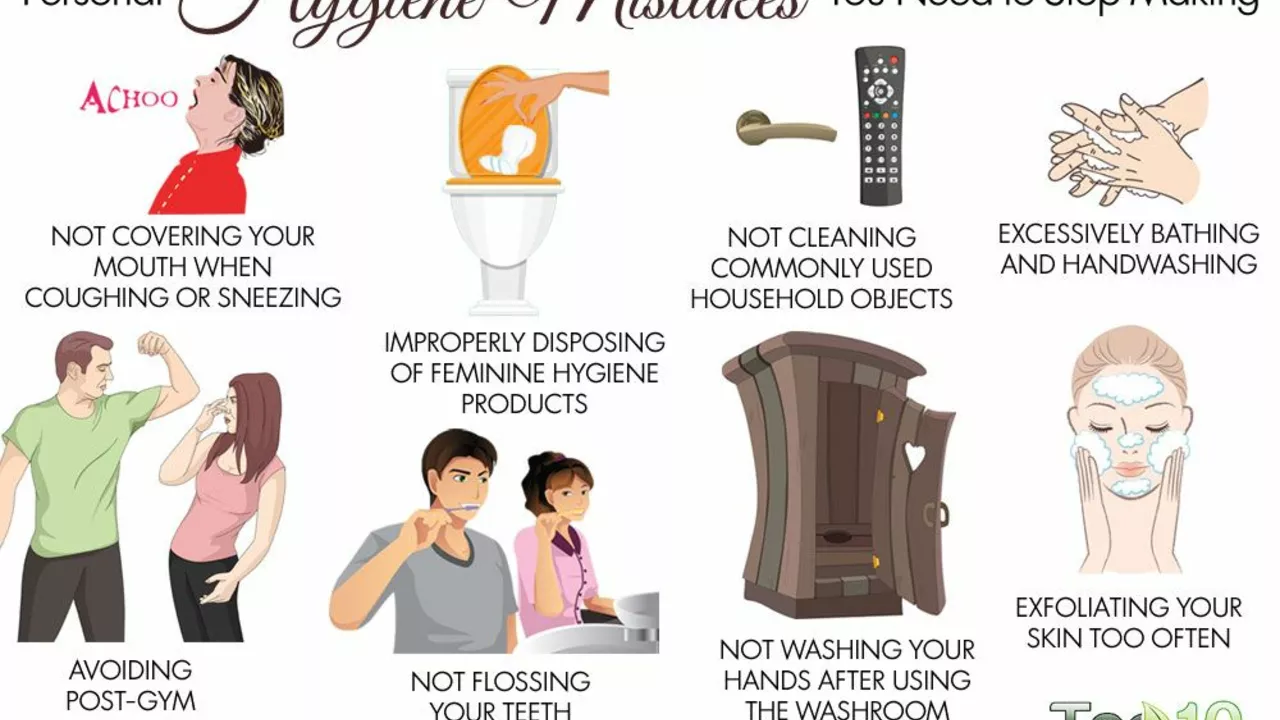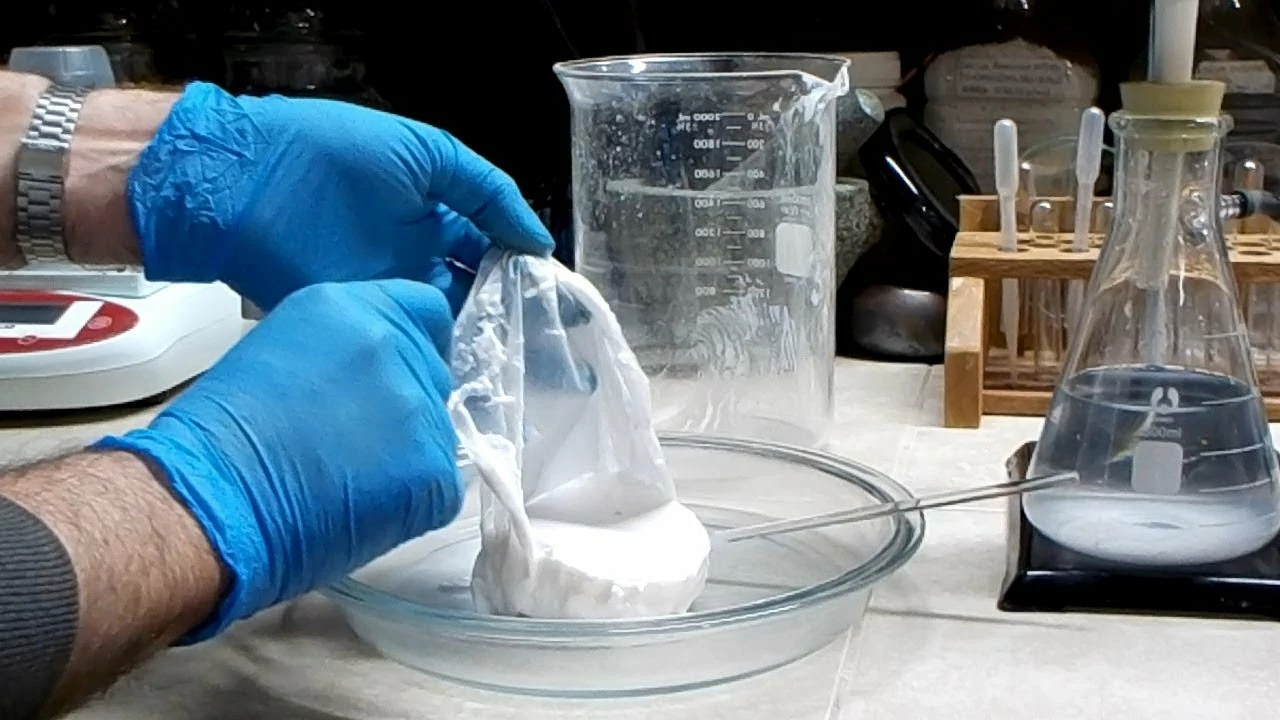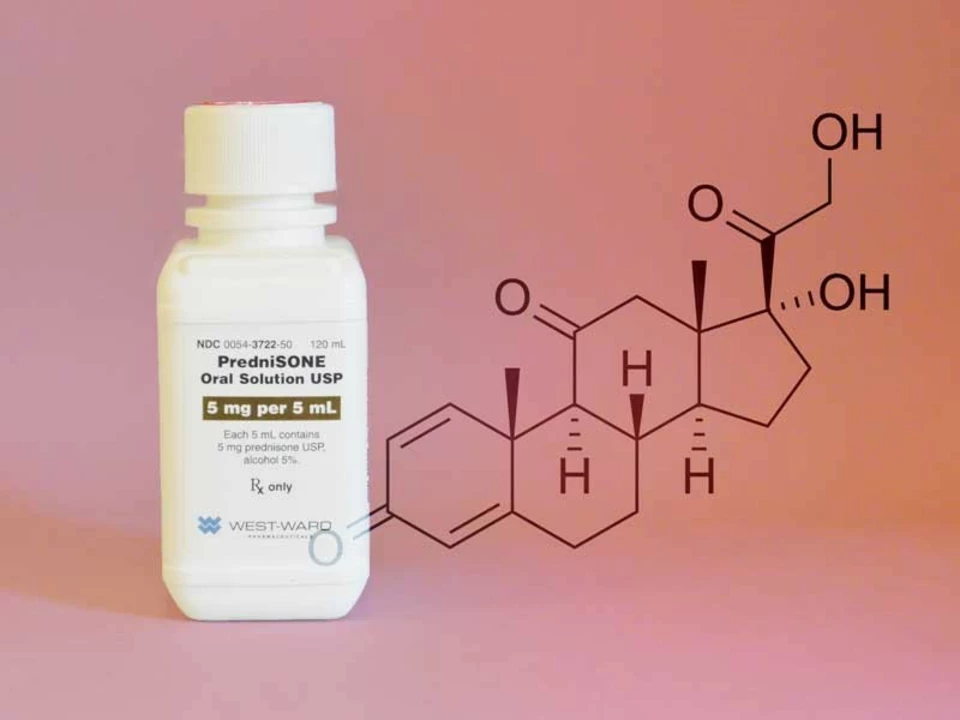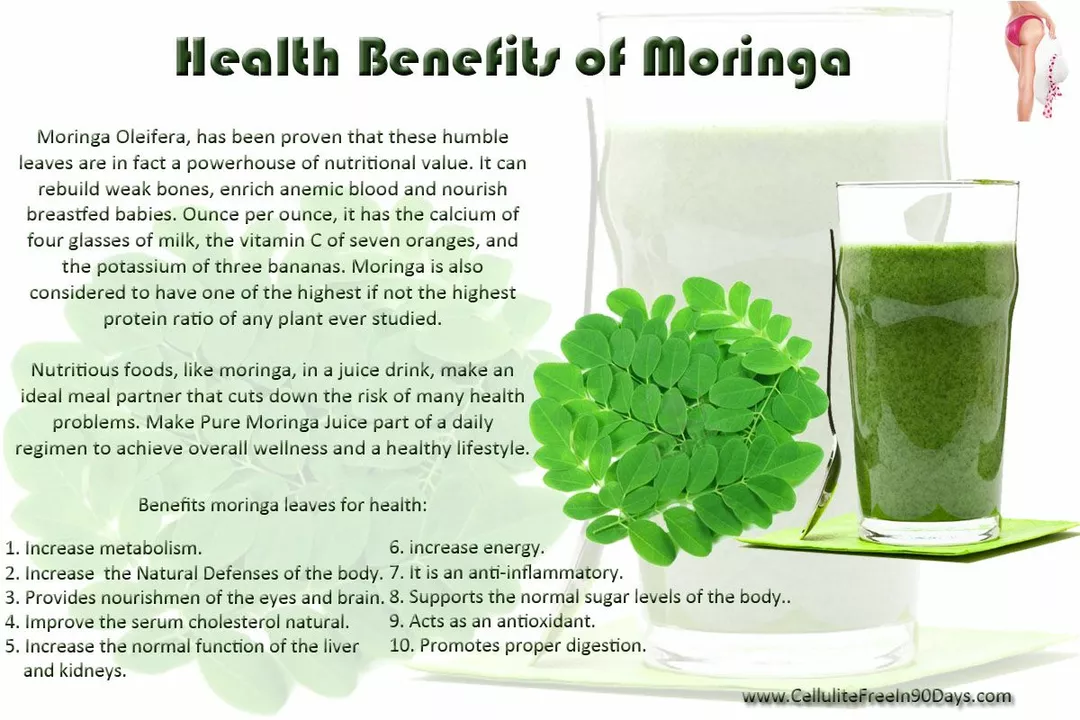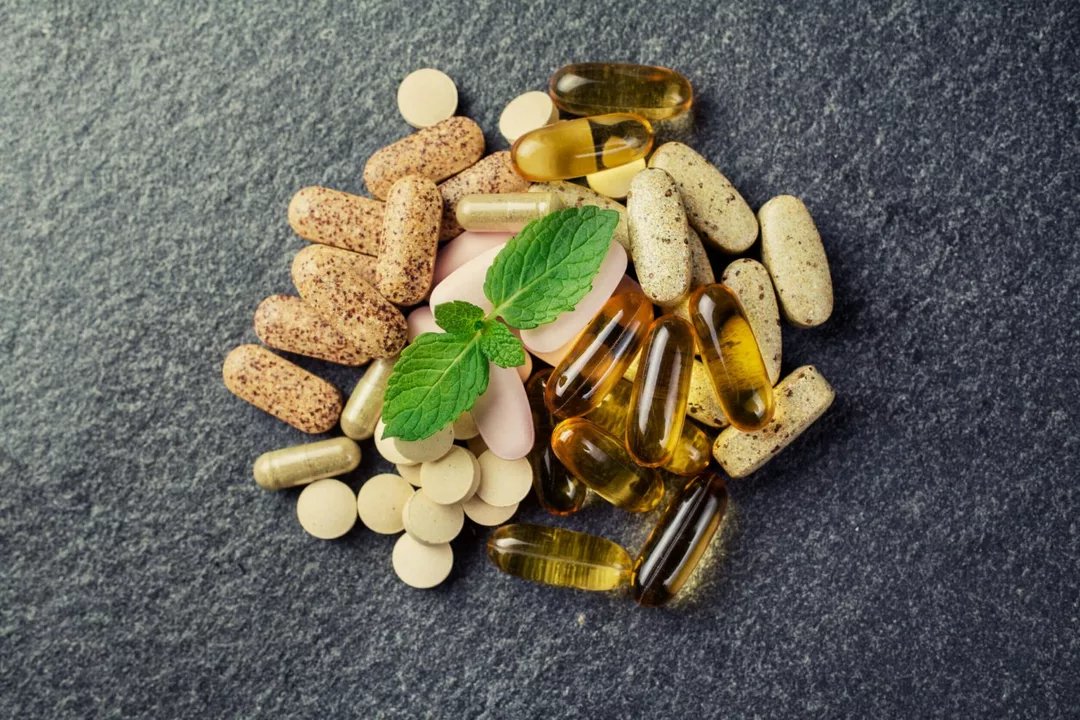June 2023 — Practical Pharma and Supplement Guides from MedsEngage
You’ll find six short, useful posts from June 2023 that cut through marketing and confusion. Each piece focuses on one clear question: is this safe, when might it help, and what should you watch for. Below I sum up the main takeaways and give quick, practical advice so you can decide what to read first.
Phenibut: a neuroactive supplement that many use for anxiety and sleep. The post explains how it can reduce anxiety and improve sleep quality for some people, especially in low, controlled doses. The big warning is dependency risk — avoid daily long-term use, don’t mix with alcohol or sedatives, and talk to a clinician if you have mood or withdrawal concerns.
Vaginal hygiene tips: simple habits matter more than products. Clean the external area with mild soap and water, choose breathable cotton underwear, change quickly after workouts, and wipe front-to-back. Skip scented washes, douches, and harsh chemicals that can upset the natural balance and invite infection.
Aluminium hydroxide in food: you’ll see it as an additive in processed mixes and some cheeses. The post walks through current concerns and practical moves: check ingredient lists, limit highly processed foods when possible, and ask your doctor if you have questions about long-term exposure. The article doesn’t claim alarm but encourages informed choices.
Prednisolone vs. Prednisone: same anti-inflammatory effect, different forms. Prednisone needs liver conversion to become prednisolone, so people with liver disease may do better on prednisolone. The write-up focuses on when a doctor might prefer one over the other and what to tell your clinician about your liver history and other meds.
Usnea: a lichen with antibacterial and antiviral properties used in herbal practice. The piece highlights respiratory support and antioxidant effects, but also stresses sourcing and proper dosing. Don’t assume all herbal extracts are the same; check purity and avoid replacing prescribed meds without professional advice.
Peanut oil guide: a practical look at benefits and cooking uses. Peanut oil offers healthy fats, antioxidants, and a high smoke point for frying. If you have a peanut allergy, avoid it entirely. The post lists simple ways to use it in dressings, roasting, and high-heat cooking while noting portion control for calorie balance.
Quick takeaways
- Use phenibut occasionally and under guidance — risk of dependence.
- Simple vaginal hygiene beats fancy products — keep it mild and dry.
- Watch processed foods for additives like aluminium hydroxide; ask questions, don’t panic.
- Choose prednisone vs prednisolone based on liver health — discuss with your doc.
- Try usnea and peanut oil carefully: know sources and allergy risks.
Where to start
If you want immediate, actionable tips, read the vaginal hygiene and peanut oil posts first. If you’re considering supplements or meds, start with phenibut and prednisolone vs prednisone to understand risks and when to consult a clinician. For food safety and herbal options, the aluminium hydroxide and usnea posts give clear checklist-style advice you can apply right away.
Want me to pull the most practical steps from any single post into a quick checklist? Tell me which one and I’ll summarize it in two minutes.
Phenibut: The Natural Solution for Anxiety, Stress, and Sleep Disorders
In my latest blog post, I've explored Phenibut, a natural solution for anxiety, stress, and sleep disorders. I've found that this supplement, originally developed in Russia, can improve neurological functions and help to reduce anxiety symptoms. It also appears to promote better sleep quality, making it a potential aid for those struggling with sleep disorders. However, it's important to note that like any supplement, Phenibut should be used responsibly, as misuse can lead to dependency or side effects. To learn more about this natural remedy, check out my full post!
Tips for maintaining proper vaginal hygiene to prevent infections
As someone who's always looking out for ways to maintain my overall health, I recently came across some great tips for proper vaginal hygiene to help prevent infections. First, I learned that it's essential to wash the external genital area with mild soap and water daily, but be cautious not to over-cleanse. Secondly, it's crucial to avoid harsh chemicals, fragrances, or dyes in feminine products, as they can cause irritation. Wearing breathable cotton underwear and changing them regularly is another key factor in keeping the area clean and dry. Finally, being mindful of wiping from front to back after using the toilet can greatly reduce the risk of introducing harmful bacteria.
Aluminium Hydroxide in Food: Is it Safe?
I recently came across a topic that caught my attention - Aluminium Hydroxide in food. As a health-conscious person, I found it essential to dig deeper and understand if it's safe for consumption. Aluminium Hydroxide is commonly used as an additive in many food items like cake mixes and processed cheese. While some studies claim it to be harmless, others link it to potential health risks like Alzheimer's disease. Therefore, it's crucial to be aware and make informed choices when it comes to the food we consume.
Prednisolone vs. Prednisone: What's the Difference?
As a blogger, I've recently researched the differences between Prednisolone and Prednisone, two common corticosteroids used in treating various medical conditions. I discovered that while both medications are similar in their anti-inflammatory properties, the main difference lies in their respective forms. Prednisone is an inactive drug that requires conversion into Prednisolone by the liver to become active. This means that people with liver issues may not metabolize Prednisone as effectively, making Prednisolone a better choice for them. Ultimately, your doctor will determine the best medication for your specific situation, considering factors such as your medical history and the condition being treated.
Why Usnea is Your New Best Friend for Overall Wellness
I recently discovered Usnea, and I must say, it's quickly becoming my new best friend for overall wellness. This amazing lichen has powerful antibacterial and antiviral properties, making it an excellent natural remedy to support our immune system. Not only that, but Usnea also aids in respiratory health by reducing inflammation and soothing irritated tissues. Plus, it's a fantastic source of antioxidants, which we all know are essential for maintaining overall health and preventing various diseases. So, if you're looking for a natural way to boost your wellness, Usnea is definitely worth a try!
Unlock the Health Benefits of Peanut Oil: A Comprehensive Guide to This Dietary Supplement
I recently came across a comprehensive guide on the health benefits of peanut oil and I just had to share my findings with you all. It turns out that this dietary supplement is loaded with essential nutrients, antioxidants, and healthy fats that can improve our overall health. Some of its benefits include promoting heart health, improving skin and hair, and even aiding in weight management. I was also surprised to learn that peanut oil has a high smoke point, making it suitable for various cooking methods. So, next time you're in the grocery store, consider picking up a bottle of peanut oil to unlock its amazing health benefits!
About
Nutrition and Supplements, Health and Wellness, Women's Health, Health and Medicine, Natural Remedies and Supplements
Latest Posts


Boost Multitasking and Cognitive Flexibility with Galantamine
By Marcel Kornblum Oct 15, 2025

Garlic Supplements and Anticoagulants: What You Need to Know About Bleeding Risk
By Marcel Kornblum Jan 4, 2026

Natural Disasters and Drug Shortages: How Climate Change Is Cutting Off Life-Saving Medicines
By Marcel Kornblum Feb 20, 2026


